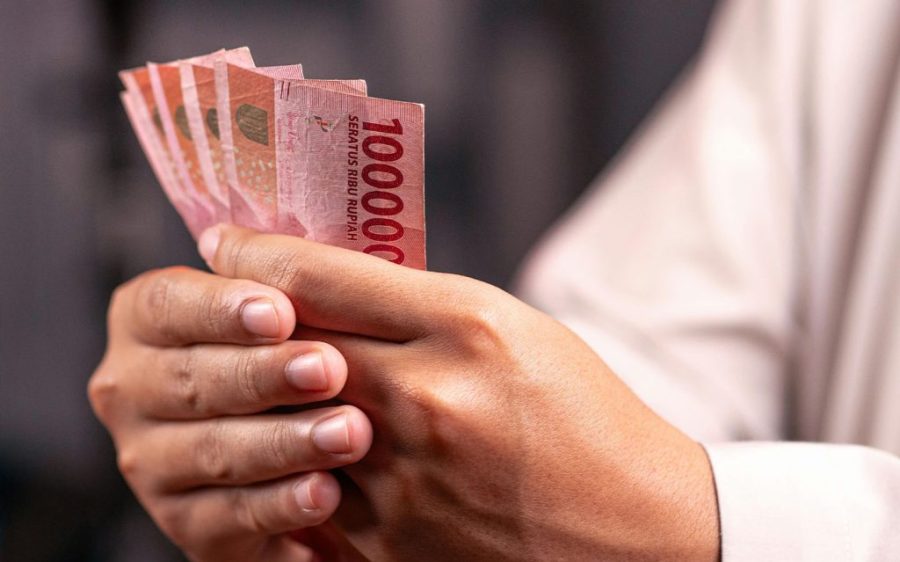The Indonesian rupiah has fallen more than six percent against the US dollar this year as expectations build that the currency for Southeast Asia’s largest nation could depreciate further in the months ahead. Demonstrations across Indonesia are compounding economic challenges while the sudden dismissal of Finance Minister Sri Mulyani Indrawati places additional strain on the rupiah, weakening to levels not seen since the Asian financial crisis of the late 1990s
Sri Mulyani’s replacement, Purbaya Yudhi Sadewa, an economist and head of the Indonesia Deposit Insurance Corporation since 2020, has underscored the importance of fiscal prudence, in part echoing his predecessor’s priorities. However, the new finance minister arrives as the current administration pursues ambitious growth and spending plans to stimulate the economy.
Given the round-the-clock nature of foreign exchange markets, the rupiah becomes a closely watched barometer for the new finance minister’s ability to navigate fiscal discipline, impacting Indonesians purchasing power at home and abroad, including those living in Macao.
Why currency movements matter for Macao’s Indonesian communities
Repatriated income accounts for one percent of Indonesia’s economy. In 2024, Indonesians abroad sent back more than $16 billion, ranking 12th globally according to the World Bank. In Macao, nearly 8,000 Indonesians make up 4.3 percent of the non-resident workforce, making them the third largest overseas group, according to July 2025 figures.
[See more: Macao must boost protections for migrant workers, says Indonesian minister]
With Macao’s pataca indirectly pegged to the US dollar, a weaker rupiah appears to benefit remittances sent back to Indonesia, effectively allowing workers in Macao to purchase more of their home currency. While expectations of a depreciating currency may discourage some individuals from sending money home sooner, those delays could be counterproductive for the economy since a depreciating currency drives up import costs and fuels inflation, potentially eroding the benefits of postponing remittances.
The underperforming rupiah also hurts the purchasing power for Indonesians coming to Macao, curbing the city’s sixth largest visitor market. When excluding those from mainland China and Hong Kong, Indonesians accounted for almost six percent of total arrivals, cementing first-half growth of 13 percent and representing one of the few markets where visitor numbers have surpassed 2019 levels.

Foreign exchange outlook for the rupiah
Before Sri Mulyani’s removal, analysts were already forecasting a weaker rupiah. The currency is particularly vulnerable since Indonesia holds fewer US dollar reserves and foreign deposits as percentage to its economic size, making it susceptible to sudden capital outflows which places pressure on the exchange rate.
Funding for public healthcare checks and construction for low-income homes are also under strain as commodity prices have fallen amid a tariff plagued global outlook. At an estimated cost of $30 billion, the nation’s free school lunch initiative effectively amounts to two years’ worth of remittance inflows.
[See more: Indomie is likely to become cheaper after US-Indonesia trade deal]
To market watchers, Sri Mulyani was viewed as an experienced hand, having served as a policy advisor during the 1997 Asian financial crisis and as finance minister for three separate presidents. Though she was viewed as a counter voice to the administration, her house was razed by demonstrators for her role in enforcing spending cuts to finance some of the programmes, comments Christopher Wood, equity strategist at Jefferies. Wood added that she probably regrets not stepping down when former president Joko Widod left office back in October.
Incoming Purbaya inherits obstacles on multiple fronts. Lingering effects from the pandemic and an investment slowdown have contributed to a shrinking middle class. There’s pressure on the incoming finance minister to restore public confidence for a country of nearly 300 million people, with at least 8,000 of those in Macao likely monitoring the situation, and their wallets, carefully.






